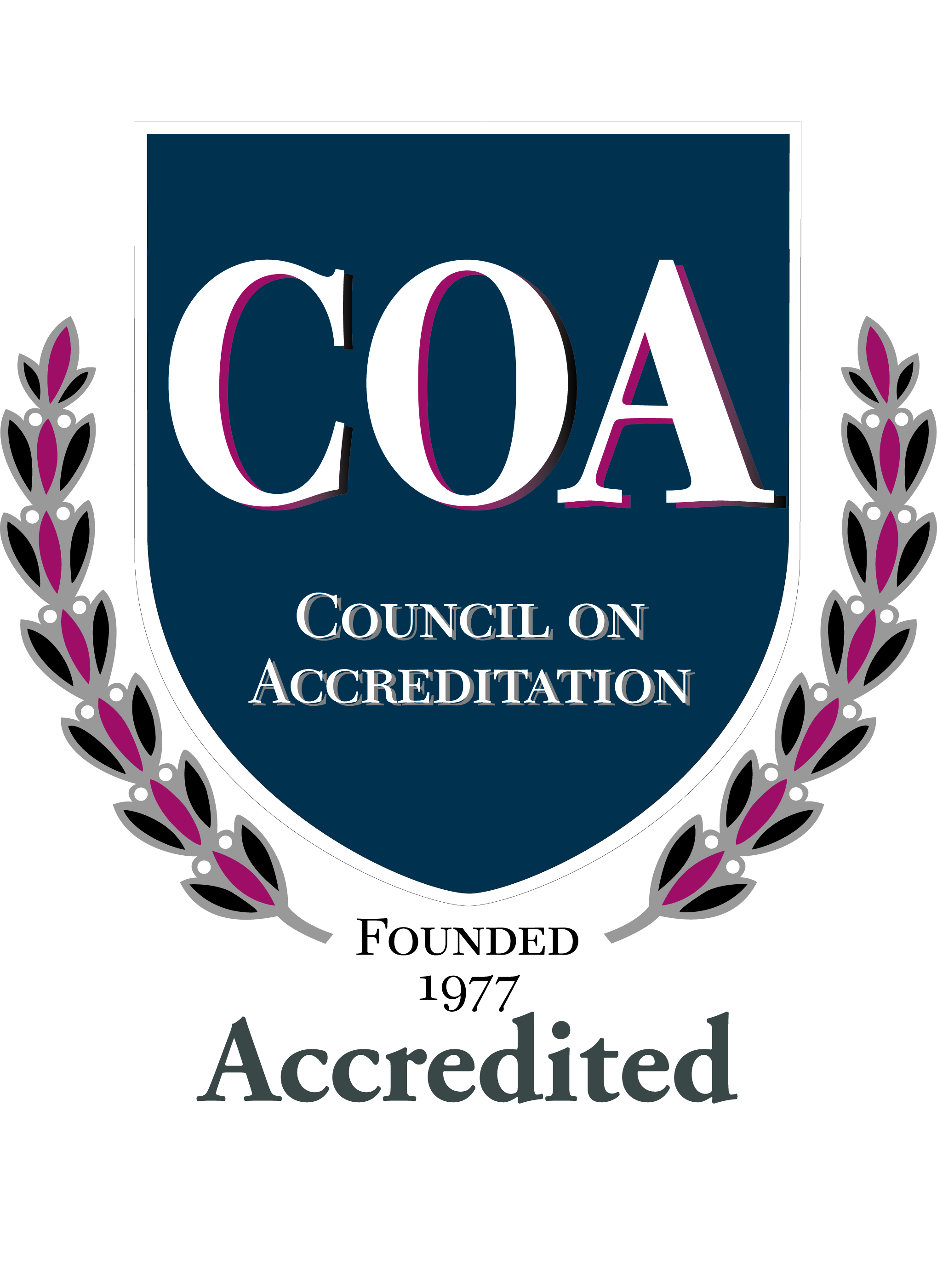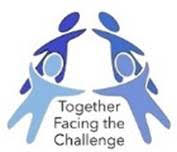Accurate information, at the right time, so caregivers can make the best decisions for their families®.
Epworth is approved to use Foster Kinship’s evidenced-based Navigator Model©. The model provides navigation and support through information, referrals, support, and case management to stabilize kinship families. It reduces costs for the caregiver, lowering their stress and increasing their access to needed services.
The program serves those caring for children inside and outside the child welfare system and families who have achieved permanency. It has three main goals:
- To build a foundation of safety for children by meeting the immediate needs of the kinship family.
- To provide the most stable home for children by stabilizing the kinship family legally and financially.
- To meet the well-being needs of children by increasing caregivers’ capacity to provide nurturing parenting.


Strengthening Kinship Families
By increasing the safety, stability, and nurturing capacity of the kinship home, the program reduces disruptions that may eventually lead to the necessity of foster care by strangers.
Objectives
The Foster Kinship Navigator Model© focuses on these outcomes:
- Legal Capacity: Families are given the tools to establish appropriate legal relationships with the children in their homes to increase family stability and autonomy.
- Financial Stability: Kinship families will access available financial resources to help meet their family’s needs.
- Parenting and Child Community Connection: Families are provided with basic need resources, parenting information, and internal and external referrals to increase knowledge of and access to resources in their areas of identified need.
- Caregiver Emotional Support: Kinship families will experience more formal and informal support to increase the caregivers’ capacity to meet the well-being needs of the children.


Target Population
Foster Kinship’s model is designed to serve any kinship caregiver who is raising children in a home where neither parent resides. A kinship caregiver may be a relative or a close friend (also called fictive kin). We serve all kinship families including:
- Formal/inside families (meaning the child welfare agency has custody). Families may be licensed kinship foster parents or unlicensed kinship foster parents;
- Informal/outside families (post-diversion kinship caregivers and private kinship caregivers who may have physical custody or legal guardianship);
- Kinship families in transition, such as those acting as safety plan resources or those considered in “Active Diversion” where there is a possibility of the child going inside OR outside the child welfare system;
- Families who have adopted and are now considered the child’s legal parent(s).
All services are free and available to anyone parenting a relative, fictive kin, or adopted child in the Midlands or Pee Dee regions of South Carolina.
Statement of Copyright
Foster Kinship’s Navigator Model Framework and all related documents are copyrighted and owned by Foster Kinship (copyright registration no. TX 9-297-383, TX 9-301-033, TX 9-301-020). The replication and use of this model requires partnership and licensing agreements with Foster Kinship. For more information email Leah@fosterkinship.org.




